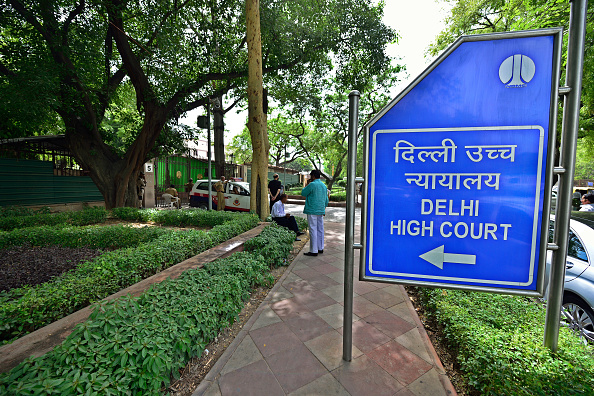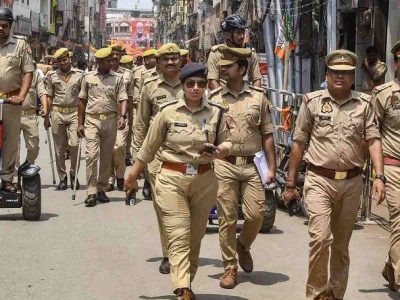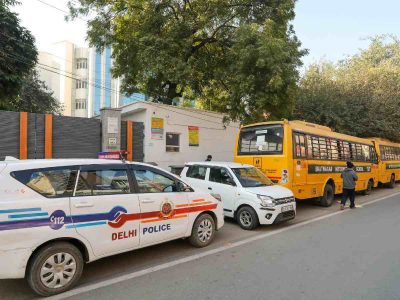The Delhi High Court has scheduled a hearing on December 1 for a batch of petitions advocating for a Uniform Civil Code (UCC). The court, led by Acting Chief Justice Manmohan, acknowledged its limitations, stating it “cannot do anything” if the Supreme Court has already addressed the matter.
In March, the Supreme Court rejected a plea for “gender-neutral” and “religion-neutral” laws filed by Ashwini Kumar Upadhyay, a petitioner before the high court. The high court deferred further proceedings, noting the absence of petitioners during the hearing and Upadhyay’s failure to submit his prayers to the Supreme Court.
The bench emphasized the Supreme Court’s prior decision, stating, “If the matter is covered by the Supreme Court, then we can’t do anything.” In April, a division bench led by then Chief Justice Satish Chandra Sharma deemed Upadhyay’s petition prima facie not maintainable and requested him to present the “prayers” made before the apex court.
The high court learned that in March, the Supreme Court refused Upadhyay’s petitions, citing that the issue falls within the legislative domain. It was revealed that in 2015, Upadhyay withdrew a plea related to UCC. The high court distinguished between a “simpliciter withdrawal” and a “withdrawal with liberty” to reapproach the court with the same grievance, directing Upadhyay to file the “prayers” within four weeks.
Apart from Upadhyay’s petition, four others before the high court argue that India urgently requires a UCC. These petitions assert that gender justice, gender equality, and the dignity of women, guaranteed by the Constitution, hinge on implementing Article 44, which calls for a UCC throughout India. They propose that a UCC, superseding personal laws based on religious scriptures, would provide a common set of rules for all citizens.
In response, the Centre contends that citizens following different property and matrimonial laws based on religious denominations pose a threat to national unity. While acknowledging the issue’s importance, the Centre deems a petition for UCC formulation not maintainable, emphasizing that it is a matter of policy to be decided by elected representatives. The Centre commits to examining the matter after receiving the Law Commission’s report. In 2019, the high court sought the Centre’s response on Upadhyay’s petition, urging the formation of a judicial commission to draft the UCC for national integration and gender justice.
(With PTI inputs)





